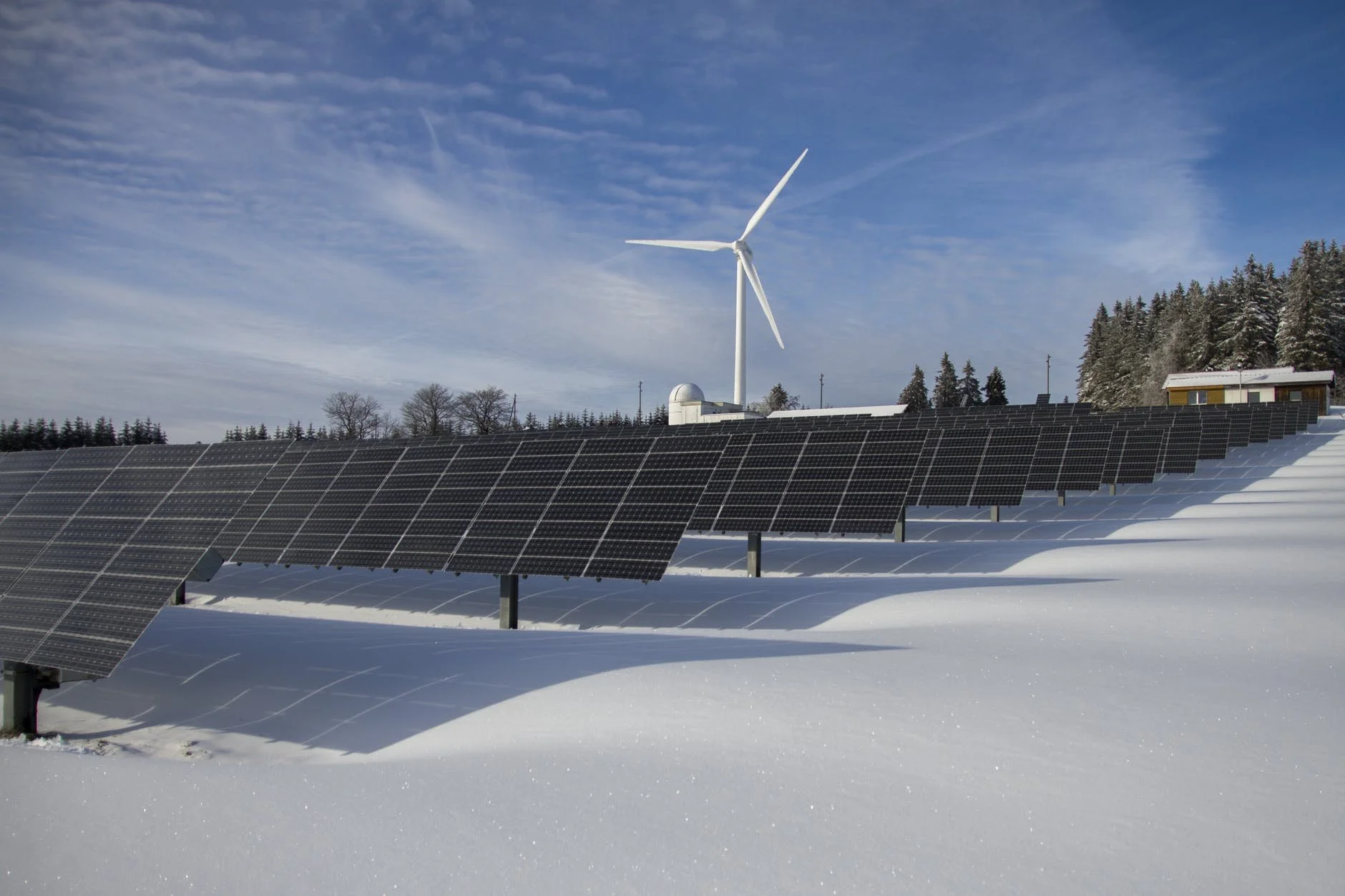Carbon & Singapore
In 2020 alone, global carbon emissions was at almost 35 billion tonnes! Of that, Singapore contributes to around 0.1% of the global emissions.
The average Singaporean generates about 8 tonnes of carbon emissions each year. This is more than twice the world’s average, and more than four times the amount needed to maintain a sustainable footprint. To absorb our impact on the environment, we must plant more than 400 rain trees each!
Of course, it is not realistic for us to plant so many trees to absorb our carbon footprint. Instead, Singapore as a country has been making significant efforts to reduce emissions domestically.
For example, about 95% of our electricity is generated from natural gas, which is the cleanest of fossil fuels. As for using alternative energy sources like solar, wind, hydroelectric, geothermal and nuclear, it is limited due to Singapore’s small size and geographical location.
Singapore’s Commitment
Despite these limitations, Singapore has made a commitment to reduce carbon emissions. Did you know, Singapore is actually one of the first few countries to sign the Paris Agreement?
The Paris Agreement is a legally binding international treaty on climate change. Adopted by 196 countries, it came into effect on 4 November 2016. The goal of this agreement is to limit the rise in global temperatures to well below 2°C above pre-industrial levels, and preferably within 1.5°C.
As part of Singapore’s long-term low-emission development strategy (LEDS), Singapore aims to:
Peak emissions at 65 million tonnes CO2e around 2030.
Halve emissions from its peak to 33 million tonnes CO2e by 2050.
Achieve net zero emissions “as soon as viable” in the second half of the century.
More recently, Singapore has also unveiled the Singapore Green Plan 2030. This is a nation-wide movement to advance Singapore’s national agenda on sustainable development, including carbon reduction.
Singapore’s efforts in reducing carbon
Carbon Tax
In 2019, Singapore became the first in Southeast Asia to introduce a price on carbon.
Starting with a carbon tax of S$5 per tonne of carbon dioxide equivalent emissions from 2019 to 2021, the tax sends a price signal to companies to reduce their energy consumption and carbon emissions.
In Budget 2022, it was announced that the current carbon tax will remain unchanged until 2023.
Following which, Singapore will progressively raise the carbon tax to reach S$50 to S$80 per tonne of emissions by 2030.










